|
Changing diets abruptly can wreak havoc on a cat's digestive system and result in abdominal pain, vomiting, and diarrhea. In turn, that upset can disrupt the delicate gut flora balance, and then the kitty may end up with chronic GI problems. Sometimes you do have to change your cat's food. Perhaps your vet has recommended a new diet or you just want to switch for other reasons. Here are some tips for changing your cat's food while minimizing the risk of her developing GI upset.
At any step in the process, if your cat develops GI problems, go back to the previous step until things are back to normal and then increase more slowly from there. If your cat stops eating at any point, contact your veterinarian. Cats that stop eating suddenly are at risk for developing hepatic lipidosis, which is life-threatening. https://www.cathealth.com/tips/2576-how-to-change-your-cats-food
3 Comments
Learning how to stop your puppy from chewing can become a difficult chore that will leave you frustrated, especially when they get ahold of your favorite pair of shoes, or they are constantly chewing on you. If you want to stop your puppy from chewing, there are a few things that you need to understand about them before you just blame them for their behavior. To begin with, chewing is a natural part of being a puppy. Rather than trying to stop them from this natural behavior, you should work towards redirecting the problem to another source. Get them chew toys and a bone thatthey are allowed to gnaw on to their hearts content. It is much easier to redirect a problem than to try and stop it completely, especially when the problem is more of a human problem than a puppy one. Another thing to consider is that certain behaviors tend to instigate chewing, especially when they are chewing on you. This can lead to dog aggression problems later on, so you need to nip it in the bud now rather than putting it off. But, again, this is a human problem as much as a puppy problem. In order to stop your pupply from chewing on you, you need to pay attention to what you do that instigate it. Certain sudden movements, or aggressive behavior towards your puppy (even in play) will push them into chewing. Also, when you are playing, if they start chewing on you, stop the activity. Dogs can't distinguish between play time and not play time. Although they love to play, the habits that they will pick up then will transfer to other times. You should never allow your dog to play aggressively and chewing is one of the easiest bad habits to break. When they start chewing, redirect them to one of their play toys, and separate yourself from them. If the chewing problem persists, you may need to keep them in a kennel until they learn to behave. Crate training can take some time, but is very beneficial in stopping a wide variety of puppy problems, including them wanting to chew on you. Follow these tips to stop your puppy from chewing, and get them under control. It doesn't take much, but by paying attention to your behavior and redirecting their behavior to an appropriate toy will help you to get things under control. Pet Article courtesy of http://pet-articles.blogspot.com.
1. Brush Your Cat : Routine brushing for your cat with proper grooming tools is ideal in minimising hairball vomiting. With lesser loose fur on them means lesser swallowing of their own fur when they are licking and cleaning themselves. There will also be lesser fur flying around in your home. Pay extra attention to their coat when it’s shedding period. 2. Food Is Important: What they consume daily plays an important role in their hair and skin condition. Poor quality of food given to your cat can cause skin problem and fur loss. There are cat foods specially for hairballs control and prevention that may help. If you are unsure, seek advice from the vet on the appropriate diet for your cat. 3. Provide Plenty Of Water: With sufficient water consumption, your cat’s intestinal tract will stay hydrated and lubricated which allow hair to pass through smoothly. If you cat doesn’t like drinking water, offer some wet food instead to keep them hydrated. 4. Hairball Gels: To ease the problem of hairball vomiting, many pet industries offer different kind of cat products that you can get it off the shelves. All this products are made to help your cat to get rid of the hairball through their stools more easily rather than vomiting out. Consult qualified personnel on the suitable product for your cat. 5. More Activities For Your Cat: It is true that all cats love to groom themselves. But too much grooming is not good for them as they will swallow more fur that are caught by their tongue while cleaning. A good way is to have more entertainment and distraction for your cat so that he/she will keep their mind away from excessive grooming time and enjoy their time spent on other activities with you. Hairball vomiting is common in cats. But frequent vomiting may indicate other health problems such as inflamed bowel. Hairballs can also cause blockage in the intestines. We can’t prevent it from happening, but we can surely do our part to minimise it effectively! By Sylvester (The Precious Pets Care Services)
It is important to learn about your guinea pig behaviour in order to recognize its behavioural patterns, unusual behaviour, potential needs and moods that your guinea pig is trying to communicate to you. Following behavioural patterns represent majority of the individual guinea pig behaviours which indicate that your pet is functioning within normal operating parameters.
Also, please note: Guinea pigs are inquisitive and curious by nature. They are creatures of habit, so changes in routine like feeding, free-time etc, can cause some distress. It is recommended to introduce changes slowly. Guinea pig is most active at dawn and twilight. Running Away and Hiding From Being Picked Up Natural defence mechanism which needs to be respected and dealt with patiently. If following Guinea Pig Manual instructions, it does not need to be interpreted as a rejection of its owner. In time, there is a high probability that all guinea pigs will come to accept being picked up for cuddles and play time out of the cage. Begging for food When hungry or anticipating a treat, your pet will start weeking, and as its confidence grows, it will often stand up on its hind legs (like a dog). Guinea pig becomes very excited, and focus its eager eyes in the direction of the owner hoping that the owner notices his pet and its needs. “Popcorning” Guinea pig behaviour which exhibits hopping up in the air, running around, quickly turning in another direction and repeating the jump. This can be done repeatedly. Can be observed especially in young guinea pigs when they exhibit happiness, excitement or playfulness. Older cavies do not usually jump as high as the young ones (they are heavier), but also tend to popcorn. Running laps Running laps around the cage is a normal behavior for a guinea pig. It does not use exercise wheels, so it have to burn off its energy in other ways. Freezing When guinea pig sense danger, when it hears sudden sound that it is unfamiliar with, when it is startled or uncertain about something in its environment, it will freeze and stand motionless. It is a natural reaction which animal uses when it tries to make itself seem invisible and letting others in the group know that there could be imminent danger. Freezing is often accompanied by a very short vibrating sound, which also indicates fear. Sniffing By means of sniffing your guinea pig is learning about its surroundings and potential food sources. Owner may also notice that a guinea pig will occasionally sniff the air with their head stretched out, when it is being watchful and curious, wondering what’s going on and who is out there. Scent markings To mark items as its property and/or teritory, guinea pig will rub its chins, cheeks, and hind ends on those items. Your pet can also do this outside the cage, usually in the area in which it has regular free range time. Fidgeting (while being held) Can be a sign that your pet needs to go to the bathroom, or it is tired of being held. It is recommended that owner returns his guinea pig to the cage for a moment to recuperate its natural surroundings. Tossing Head Up in the Air When getting annoyed with being petted. Way of asking its owner to stop. It is recommended to abide those wishes. Licking (e.g., owners hand) Most popular interpretation is that licking is a sign of personal affection, but is not necesseraly so. Can also be interpreted by the animal’s affection towards the taste of salt on owners skin. In this case, we are granting freedom for individual interpretation. Teeth chattering You have probably done something outside the standard operational procedure and seriously angered your guinea pig. Clacking guinea pigs teeth together is considered as a behavioural pattern of anger. If it is directed at you, guinea pig is telling you to keep away, so try to respect its wishes or you could be in danger. Biting
Nibbling Way of communication, especially for young guinea pigs who are still learning and testing their limits. If you’ve been holding your guinea pig for a while, it may nibble your clothes as a way of communicating to you that it wants/needs to go back to the cage (usually to go to the toilet). Biting the Cage Bars Biting the Cage Bars can be triggered by several factors: When your pet thinks (or assumes) there is a food on the way When it is bored and demanding attention When living on its own, it will naturally become bored and lonely (even if the owner spends a lot of time with his pet). Consider acquiring another guinea pig for company. When it is living in a small cage and is not getting sufficient free range time. Consider providing a larger cage and increasing its free range time. Eating its own droppings Indeed, it is a normal process. Formal term for eating own droppings is Coprophagia. It is usually observable when a guinea pig ducks its head underneath followed by munching. The most probable reason for this action is the fact that its droppings represents a source of vitamins B and K, produced by bacteria in the guinea pigs gut. Depression Does your guinea pig seem depressed? When your guinea pig is hunched up in a corner, looking sad and depressed, something is probably bothering it. Try offering your guinea pig its favourite food. If it shows no interest, take your guinea pig to the vet immediately, because depression could be an indication to some more serious health problems. NOTE: Because of their natural instinct, guinea pigs can hide their illness. In the wild, it is a survival mechanism against predators picking out an easy target. Scratching Like all animals and humans, guinea pigs get the occasional urge to itch. If your pet is scratching excessively, check its skin to see if it is flaky, sore or if any bald patches have appeared. Sleeping Guinea pigs do not require sleeping for a long periods as they are not nocturnal animals like hamsters. They need to take small naps during the day and night. Usually, guinea pig will relax and rest its head on the ground, and some of them will be totally relaxed and spread out their hind legs. Stretching A guinea pig will stretch out while yawning at the same time. This is an enjoyable behavior to observe. Guinea pig is stretching and yawning just after a sleep or when it is feeling happy and relaxed. One may notice this behavior while holding and cuddling the pet for some time. Cleaning (grooming) itself This is a behavior one could not miss. Guinea pig stands on its hind legs and cleans itself with its front legs licking its fur. It does this when it is by itself, but when certain trust between the pet and its owner is established, it will clean itself by (or on top) its owner. Not closing its eyes Guinea pig often does not close its eyes (even when sleeping), unless it is feeling very relaxed (even then it is not very often). Also the result of a natural defense mechanisms and alertness. So why do they pee or poop like nobody’s business :) ? This is their way of marking territory. In order to stop this behaviour, you may consider spaying or neutering them. There are other benefits for this, rabbits can live longer and healthier as the risk of cancer and UTI(Urinary Tract Infections) are greatly reduced. Rabbits tend to become calmer and easier to manage after being spayed or neutered as well. Some spayed or neutered rabbits may continue to mark their territory with their poop outside their litter box, you shouldn’t get alarmed as it’s quite normal for them to do so. There are times they do it on purpose to show you who is the boss:) If your rabbit is already litter box trained from young and suddenly you notice he/she starts peeing out of the box, it could be a sign that he/she is unwell due to UTI, kidney or bladder stone etc. Bring them to the vet to examine immediately. Generally, rabbits are very fastidious animals. They are perfect indoor pets if you litter-box trained them correctly. Sometimes they may need professional grooming as their bottom gets stuck with poop and stained with pee. Mobile Rabbit Grooming Services is the best way to have them cleaned. By Sylvester (The Precious Pets Care Services)
|
The Precious pets“Some things just fill your heart without trying” Archives
October 2019
Categories |
Copyright © 2010-2023. All Rights Reserved. | The Precious Pets | +65 9697 3337 | Terms Of Service | support@thepreciouspets.com
He has made everything beautiful in it's time

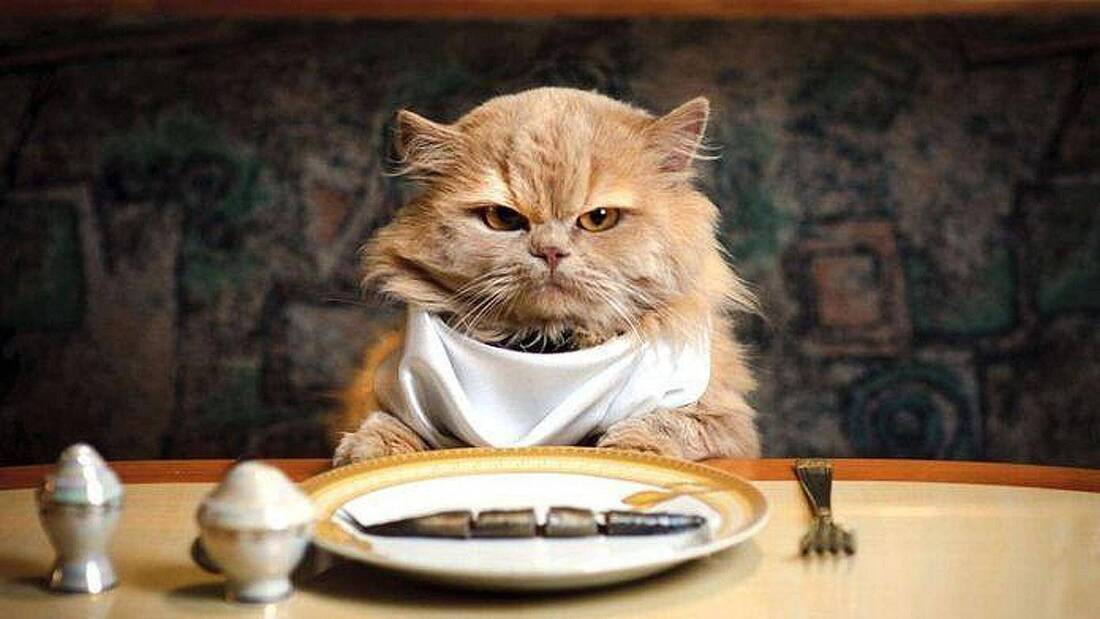
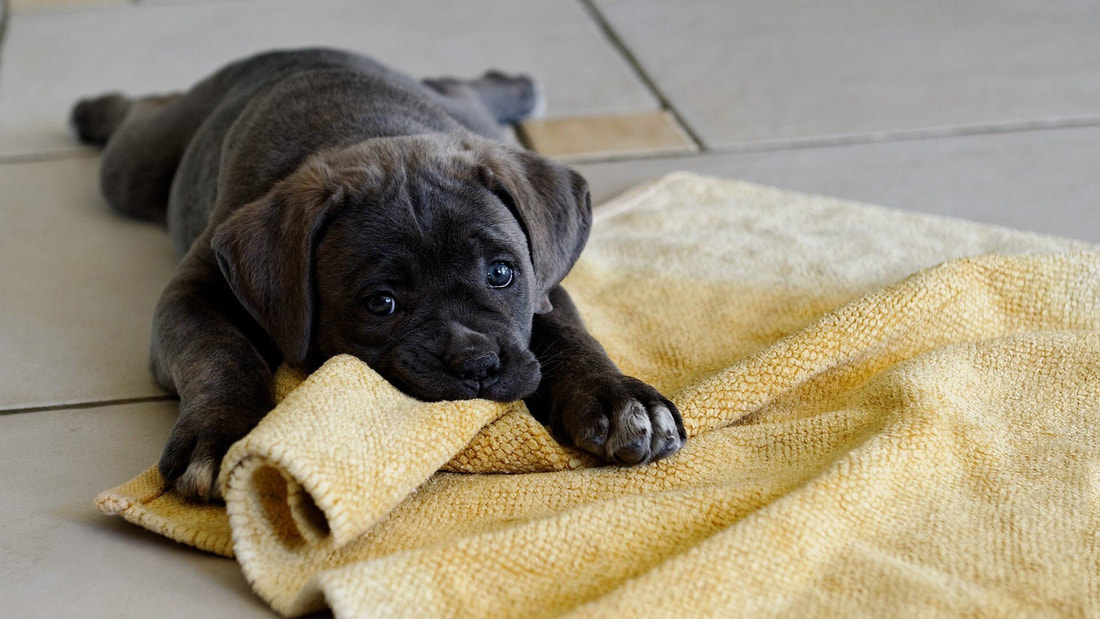
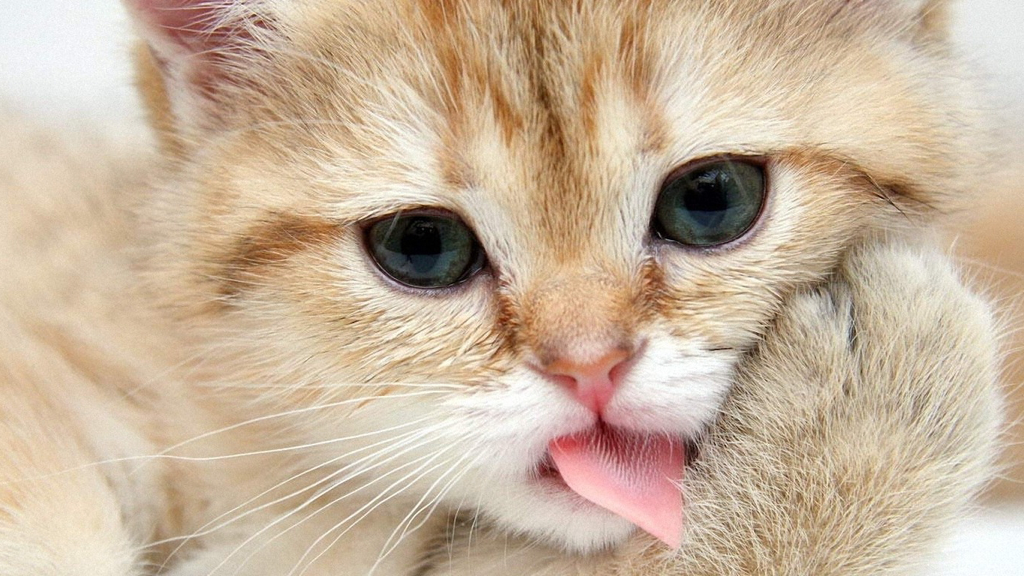
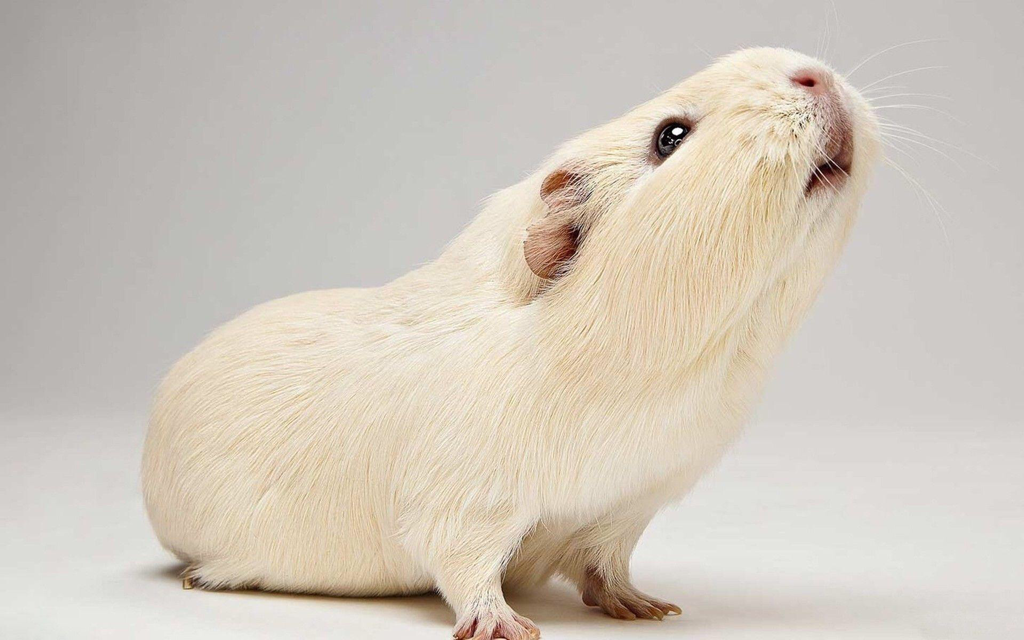
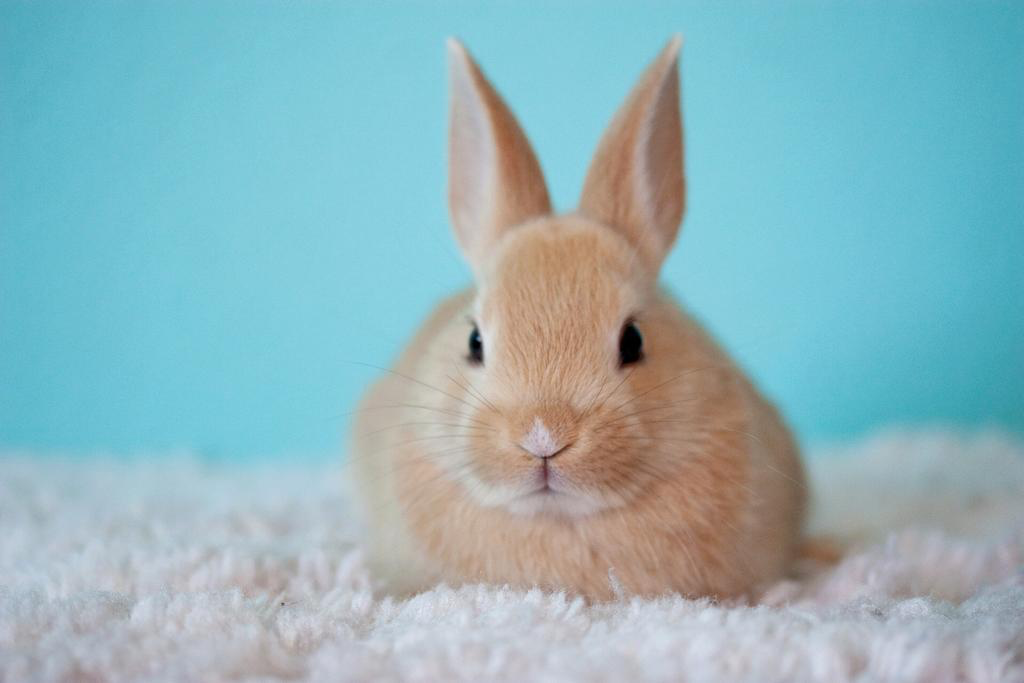
 RSS Feed
RSS Feed